This company profile of Heineken reveals the unethical practices of the world’s second largest beer producer. It provides examples of harmful methods across the categories of political interference, promotion, sabotage, manipulation, and deception – the Dubious 5 strategies.
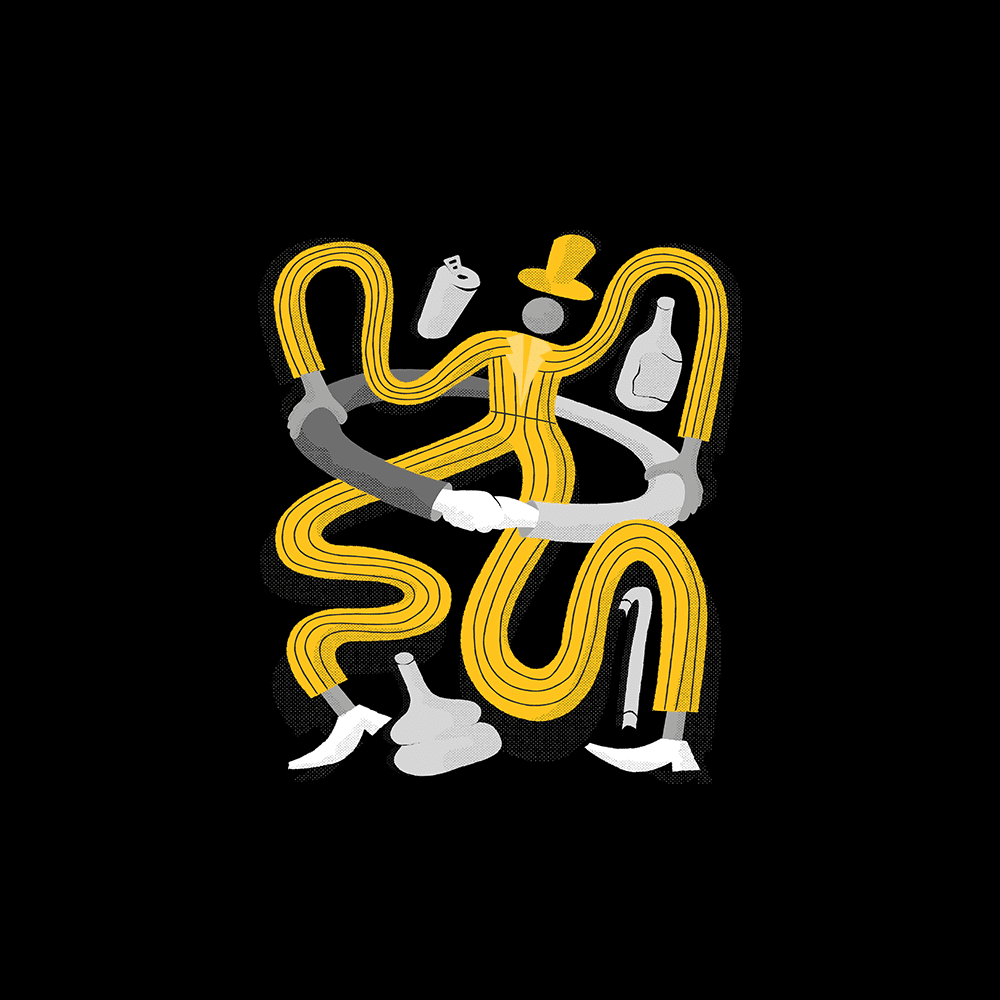
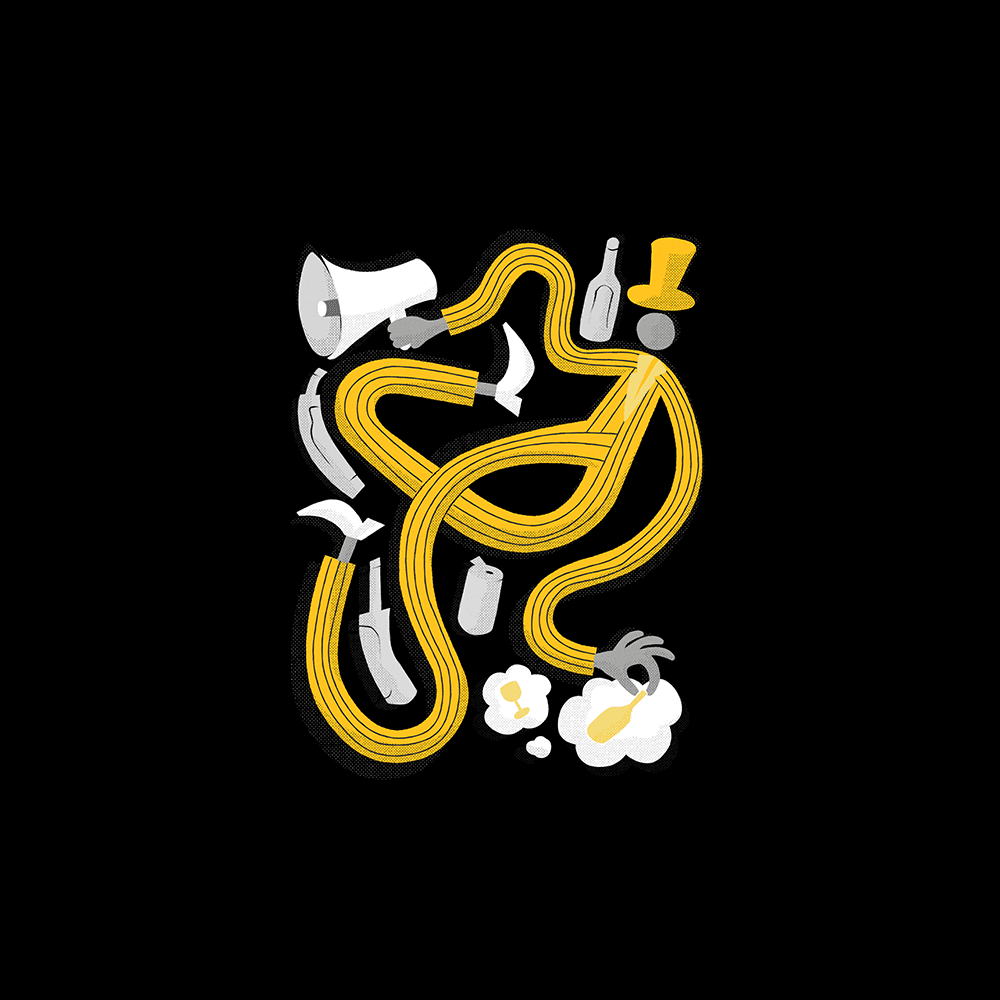
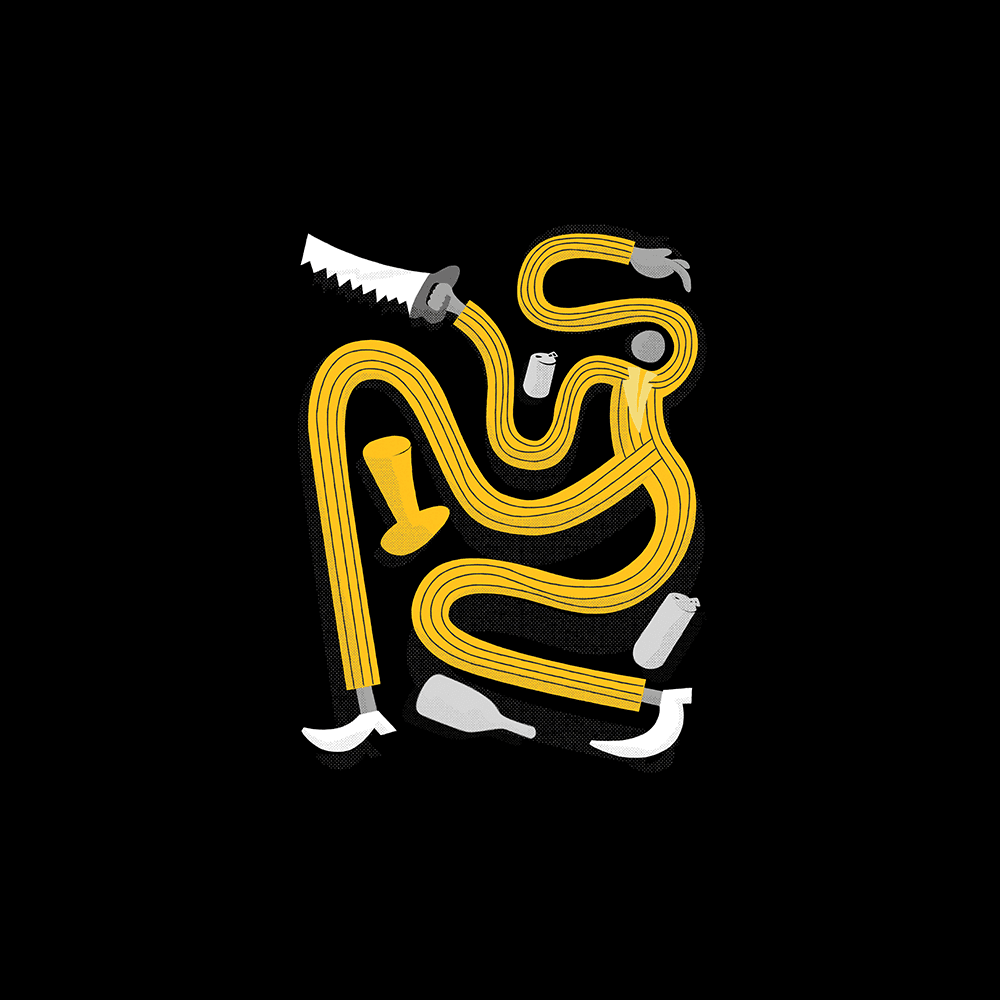
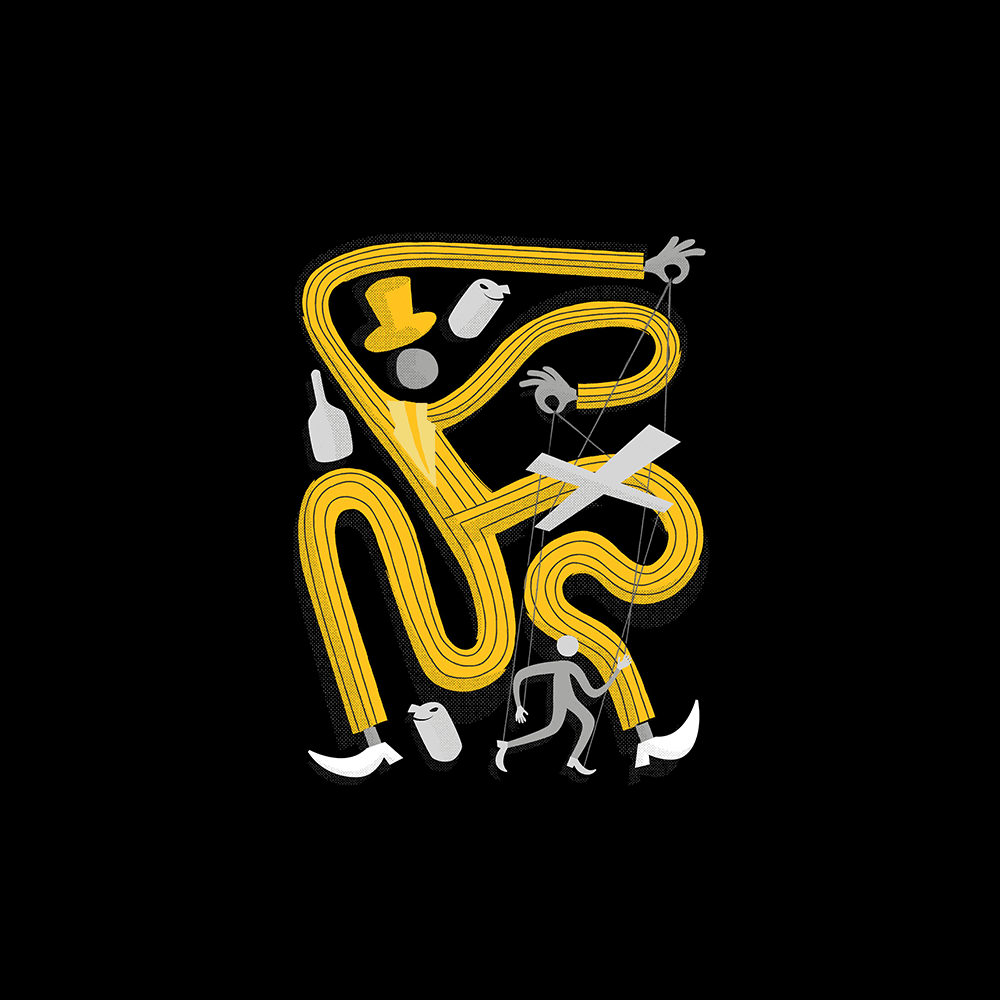
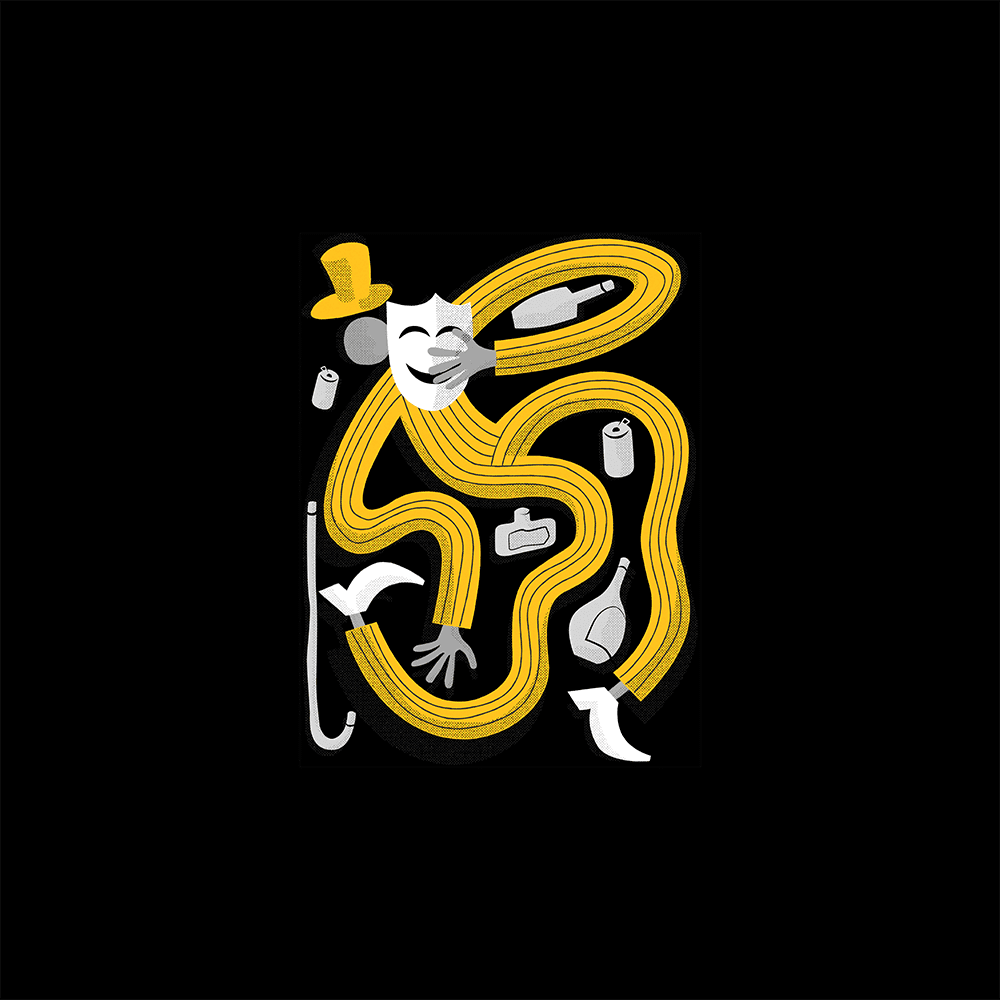
Heineken N.V. is the world’s second-largest beer producer. It is a Dutch multinational alcohol company based in Amsterdam, Netherlands.
- Dolf van den Brink is the CEO of Heineken since July 2020.
- The Heineken brand portfolio consists of over 170 beer brands such as Heineken, Amstel, Cruzcampo, Affligem, Zywiec, Starobrno, Tiger, Red Stripe and Birra Moretti.
In November 2021, Heineken NV took over Distell Group Holdings Ltd, a South African wine and Spirits company for €2.2 billion, creating a new regional group to compete with larger rivals AB InBev and liquor giant Diageo Plc.
Fast Facts about Heineken in 2022
- Total revenue: €28.7 billion
- Net profit: €2.84 billion (BEIA*, 2022)
- Marketing spending: €2.73 billion
- Lobbying spending (EU): €200,000 – 299,999 (2022, EU only)
- Total volume beer sold: 256.9 million hl
- Global beer market share (volume): 13.6%
- Number of employees: 86,390
- Worldwide operations: 72
*BEIA, Before Exceptional Items and Amortization
In 2023 alone, Movendi International has already reported on 10+ stories exposing harmful and unethical practices by Heineken around the world.
Lobbying by Heineken Exposed

Political interference, or lobbying, is Heineken’s activity to eliminate or minimize any alcohol policy effort that would threaten sales and profits. The focus of this Dubious 5 strategy is the decision-makers and opinion leaders with the power to shape and decide alcohol policy decisions.
Heineken is paying lobbyists and lobby front groups to interfere in public health policy making around the world.
Spending on political interference
In the United States, Heineken has not reported any lobbying expenditure since 2006, when the beer giant spent a total of $160,000 on lobbying in that year, according to Open Secrets.
According to the European Commission’s Transparency Register, Heineken has spent in the range of €299,999 on lobbying in the European Union alone in 2022.
The beer giant reports having involved 5 lobbyists directly. But Heineken also works through front groups to interfere in EU policy.
Heineken exerts influence on the EU through groups such as Transparency International Nederland, International Tax and Investment Center, European Chamber of Commerce in Myanmar, EuroChamber Nigeria, Confederación Empresarial de la Comunidad Valenciana, and Associazione fra le società italiane per azioni.
Heineken involvement in front groups
Heineken pays a host of front groups to conduct lobbying on the behalf of the Dutch beer gianr.
- International Alliance for Responsible Drinking (IARD),
- The Portman Group,
- World Brewing Alliance,
- The Brewers of Europe,
- The International Brands Association,
- The World Federation of Advertisers,
- European Round Table of Industrialists,
- Re-Source Europe,
- World Economic Forum, and
- Consumer Goods Forum.
Four high-profile cases of political interference by Heineken and one case study
Heineken hires lobbyists and funds front groups to engage in political interference around the world. This company profile exposes four high-profile cases of political interference against life-saving alcohol policy solutions in the Netherlands, Vietnam, Brazil, and the United Kingdom. Concerning Vietnam, this company profile dives even deeper.
In March 2023, Movendi International reported that Heineken was lobbying against potential alcohol tax increases in Vietnam. This opposition against a proven solution to promote health and development in Vietnam comes at a high cost to people and society. And it is not the first time Heineken derails life saving alcohol policy solutions in Vietnam.
An academic study revealed that an elite group of Dutch multinational companies – including beer giant Heineken – have major influence over government policies in the Netherlands and enjoy significant economic benefits from close ties with key ministries.
Heineken funds front groups to interfere in alcohol policy making
Under the guise of the Portman Group, Heineken mounted an aggressive challenge against the UK Government’s new low-risk alcohol use guidelines in 2016. Big Alcohol vowed to attack the scientific basis for the new guidelines. In addition to Heineken, other funders of the Portman Group are AB InBev, Bacardi Brown-Forman, Carlsberg, Diageo, Molson Coors, Pernod Ricard and Jägermeister.
Experts have revealed how Brazilian Big Alcohol front group CISA’s widespread misinformation campaign is undermining alcohol policy making in the public interest. CISA (Information Center on Health and Alcohol) is a lobbying and public relations front group directly funded by the alcohol industry. AMBEV, which is a part of the AB InBev group, the largest alcohol company in the world, funds CISA since 2005. Heineken, AMBEV’s main competitor in Brazil, has also begun funding the front group.
And CISA is providing data to the Ministry of Health and the Brazilian public that favors Heineken and the wider alcohol industry.
Case study Vietnam: Decades of political interference against life saving alcohol policy
Vietnam has seen alcohol use skyrocket with severe consequences for people and society.
In 2019, the average beer consumption per person in Vietnam was 47.6 liters, the third-highest in Asia after China and Japan, as per Movendi International previous reporting.
A study published in 2019 in the Lancet medical journal showed per capita alcohol use in Vietnam increased 90% between 2010 and 2017, the fifth highest in the world.
Population-level alcohol use is expected to continue growing this decade.
In the face of the heavy alcohol burden, Vietnam has attempted for decades to develop and adopt an evidence-based alcohol law. The latest effort came in 2019 and it was subject to massive interference by Heineken. According to the World Health Organization, during debates about the law “the alcohol industry … was lobbying hard to nullify or weaken it.”
And the beer giant was successful with aggressive and unethical lobbying efforts in watering down the draft law.
At the time, there were multiple reports that lawmakers had traveled abroad at the invitation of alcohol companies, such as Heineken, before the bill came up for discussion. And Heineken was successful in their aggressive lobby campaign, as provision after provision got deleted from the draft alcohol law.
The law was passed in a watered down version by the National Assembly on June 14, 2019 and took effect in the beginning of 2020.
Analysis revealed that Heineken deployed their considerable resources to engage in corporate social responsibility (CSR) and build partnerships with policymakers over a long period, contributing significantly to an environment unsupportive of enacting effective alcohol policy solutions.
But Heineken and the alcohol industry continue to lobby against other alcohol policy solutions.
For example, in early 2022 the Vietnamese government approved the Strategy for Tax System Reform till 2030. Accordingly, Vietnam would adopt a road map to increase excise taxes on tobacco and alcohol. But Heineken mounted a lobby campaign against the alcohol tax increase.
In 2023 Movendi International reported that alcohol use among Vietnamese adolescents was at an alarming level and increasing. According to the national survey of adolescents and youths in 2008, approximately 80% of young men and 36.5% of young women aged 14 to 25 years used alcohol.
The growth in the alcohol market comes at a high cost to people and society: a study in 2016 estimated that 12% of all deaths in Vietnam were linked with alcohol use.
A fifth of deaths due to road crashes were caused by alcohol.
Promotion by Heineken Exposed

Promotion, or any marketing strategies, is Heineken’s activity to drive alcohol availability and acceptability, to perpetuate the alcohol norm, and to place alcohol at the center of people’s thoughts and preferences, communities’ practices, and societies’ customs.
The focus of this Dubious 5 strategy is the people and their beliefs about Heineken’s products, the public and their attitudes about and behavior around Heineken’s products, and the consumers and how much, how often they buy and consume Heineken brands.
Spending on promotion activity
Heineken is investing gigantic amounts in promoting their products. For example, in 2022 the beer giant spent €2.73 billion on marketing.
7 key examples of harmful promotion activities by Heineken
Heineken’s track record of unethical marketing practices is appalling. From racism, exploitation of women, to cultural appropriation and flooding neighborhoods with alcohol commercials, the Dutch beer giant relies on a vast spectrum of harmful alcohol marketing practices.
How Heineken exploits professional sports to promote their brands
Be it the Super Bowl or the FIFA World Cup, Heineken spends enormous sums to link their products to elite athletes, professional sports events, and the success stories of physical performance.
Promoting heavy alcohol use through marketing
Heineken engages in the promotion of heavy alcohol use through pricing, normalizing heavy alcohol use through pop culture, as in the case of James Bond, and through sponsoring sports.
For example, Heineken got caught promoting heavy alcohol use at the Gold Cycle Race in the Netherlands. The Dutch Institute for Alcohol Policy, STAP, raised the complaint after an oversized beer glass was presented to the winner of the Amstel Gold cycle race on the podium last spring.
The race is sponsored by the Heineken brand Amstell. In the final ceremony Heineken “awarded” a massive beer glass to the first place winner. He was seen sharing it with the other winners. Such practices violate the Dutch Advertising Code.
Exposed: Heineken Marketing Alcohol to Minors in Brazil
Big Brother Brazil is one of the most popular TV shows in the country ever – with a large following also among minors.
But one of the biggest advertisers of the show is Heineken. This shows how deliberately the beer giant is targeting minors.
Heineken’s “beer girls”
In both Africa and Southeast Asia, Heineken (and other beer giants) have used young women – so called beer girls – to promote (heavy) consumption of their products at bars and restaurants. The practice has been linked to sexual abuse and prostitution and has gotten the attention of several human rights groups.
In 2018, Heineken’s use of beer girls became the center of a debate created after Heineken signed a cooperation agreement with the Global Fund against HIV/AIDS, tuberculosis, and malaria. The alliance between big alcohol and an organization working to combat diseases undeniably linked to alcohol use raised eyebrows. Eventually, the Global Fund pointed to the criticism of Heineken’s beer girls in Africa as the main reason for cancelling the agreement.
In response to the criticism, Heineken promised that the situation would improve. The rules would be clear, the training better, the dresses longer and the young women would no longer need to consume alcohol with customers. The wording was strikingly similar to a policy adopted by the company back in 2004, but assurances were given that this time it really would be different.
A few months later, journalist Olivier van Beemen visited Kenya to see whether the situation had really changed:
I met six marketing women, and they all had the same story: Nothing had changed. They were still forced to accept sexual harassment as part of the job and the dresses were still so short that they felt like prostitutes. Some of them told me that they were forced to have sex with the bosses in order to keep the job.”
Olivier van Beemen, journalist
Sabotage by Heineken Exposed

Sabotage is Heineken’s activity to avoid, violate and undermine society’s rules, laws, and regulations. Sabotage is Big Alcohol’s strategy to deliberately destroy, damage, or undermine the rules and proper functioning of central institutions of society and democracy, hindering them from responding to alcohol harm in the public interest.
- Tax schemes (evasion and avoidance),
- Price fixing schemes,
- Breaching of alcohol marketing rules, or
- Bribery and corruption.
4 prominent examples of sabotage by Heineken
Heineken deploys sabotage strategies in countries around the world, including bribery, price cartels, corruption, and violating democratically decided laws, such as alcohol advertising bans.
Heineken in Africa: Unethical business practices, corruption, and genocide
The book “Heineken in Africa” exposes – with compelling evidence and credible sources – the unethical practices of the Dutch beer giant Heineken.
After six years of research, journalist Olivier van Beemen provides a detailed investigation. The truth he uncovered is that Heineken is exploiting people, communities, and countries in Africa. The book details a shocking list of unethical practices employed by the world’s second largest beer producer, including corruption, tax avoidance, aggressive lobbying, unethical marketing, exploitation of young women, sexual abuse and even complicity in genocide.
In Nigeria, the company’s CEO was close to being sentenced to prison in a corruption case but escaped thanks to an out-of-court settlement.
In Burundi, Heineken seems to have played an active role when President Pierre Nkurunziza decided to run for a third term, even though the constitution only permitted two terms. The question ended up before the country’s Constitutional Court.
In April 2015, the President of the Court, Charles Ndagijimana, was elected to the board of directors of Brarudi, a brewery in which Heineken held a majority ownership (the remainder being owned by the Burundian state). A month later, the Constitutional Court ruled that Nkurunziza could stand for re-election for a third term. Five months after the decision Ndagijimana was promoted to the well-paid position of Chairperson of the Board of Directors of Brarudi.
The book by van Beemen also reveals how Heineken systematically avoids taxes in African countries. A fully owned Belgian subsidiary of Heineken purchases most of the raw materials used in beer production in Africa. Thanks to the large volumes, the purchases can be made with considerable discounts. The prices rise significantly when the raw materials are then sold to Heineken’s breweries in Africa. The profits of African subsidiaries decrease thanks to this system – all while Heineken collects the profits through its Belgian subsidiary.
Bribery and corruption
From Greece, to Vietnam, and India, Heineken deploys practices of bribery and corruption.
For example, in 2021, India’s Antitrust Agency fined Big Alcohol for setting up a beer cartel. The Competition Commission of India (CCI) decided to fine Rs. 7.5 billion ($102 million) on Heineken-controlled beer giant United Breweries and Rs. 1.2 billion ($16 million) on the local unit of Denmark’s Carlsberg for antitrust practices. The regulator had uncovered a price fixing schemes that lasted over a decade.
In a similar case in Greece, Heineken and their Greek Subsidiary Athenian Brewery (AB) were ruled to be in violation of competition laws. Heineken was found to have been offering “significant payments” and “economic motives” to retailers and wholesalers for more than 16 years to establish market dominance.
In 2020, in Vietnam a tax scheme of Heineken was exposed.
Manipulation by Heineken Exposed

Manipulation is Heineken’s activity to control its image. The beer giant engages in manipulation activities to protect and cultivate its image and brand value.
Deploying manipulation strategies serves for Heineken to appear as “good corporate citizens”. The focus of this Dubious 5 strategy of manipulation is the alcohol company, Heineken brands and value.
Heineken is using CSR to maximize profits, not “to do good”
In 2018, scientists analyzed a web-based compendium of 3551 alcohol industry actions, representing the efforts of the alcohol industry, including from Heineken, to reduce alcohol harm due to alcohol. They found:
- Only 27% conformed to recommended WHO target areas for global action to reduce alcohol harm.
- The overwhelming majority (96.8%) of industry actions lacked scientific support.
- 11.0% of alcohol industry CSR activities had the potential for doing harm.
The benefits accruing to the alcohol industry (‘doing well’) included brand marketing and the use of CSR to manage risk and achieve strategic goals.
Scientists concluded that alcohol industry CSR activities are unlikely to reduce harm due to alcohol but they do provide commercial strategic advantage while at the same time appearing to have a public health purpose.
3 high-profile examples of manipulation by Heineken
In 2019, Heineken announced with great fanfare its 2030 water vision in support of United Nations Sustainable Development Goal 6, dedicated to water protection.
We need to do more to protect water so communities living in water-stressed areas can continue to thrive.”
Jean-François van Boxmeer, Chairman of the Executive Board/CEO of Heineken
But reality is grossly different.
For example, Mexico – where Heineken produces lots of its beer – is facing a water crisis with northern parts of the country being acutely affected. Record low levels of rainfall in the northern state of Nuevo León have resulted in the city’s dams drying up and groundwater running low. People suffer with no water coming from taps and children are getting sick due to poor sanitation. But Heineken keeps guzzling up what little water there is to produce their beer products. Producing beer is highly water intense.
Exploiting the road safety agenda for private profit interests
Cambodia is a country that provides clear examples of how Heineken deploys CSR activities in the space of road safety to undermine and derail alcohol policy development in the public interest.
On May 17, 2022 the National Road Safety Committee of Cambodia signed a memorandum with the International Business Chamber of Cambodia (IBC) to cooporate in promoting road safety. Members of IBC include some of the world’s largest alcohol giants, such as Heineken and Pernod Ricard as well as Cambodia’s largest brewery Cambrew.
The alcohol industry attempts to use Corporate Social Responsibility-type road safety programs to appear as “good corporate citizens”. Not only that, the alcohol industry then uses these types of CSR programs to gain access to policymakers, lobby for favorable policies to maximize Big Alcohol profits, and avoid public health-oriented alcohol policy making which threatens their profits.
Heineken slow to exit Russia fearing profit losses
Big Alcohol giant Heineken announced in early April 2020 that they would exit Russia, over the regime’s invasion of Ukraine. However, the transition period out of Russia is slow and Heineken has been continuing business in Russia under “reduced operations” conditions for a long time.
Meanwhile, Heineken continued whitewashing their brand image to distract the international community from their ongoing businesses in Russia in a bid to avoid criticism and threats of boycott.
Deception by Heineken Exposed

Deception is Heineken’s activity to hinder and obscure public recognition of the real effects of alcohol.
The focus of this Dubious 5 strategy of deception is the public’s recognition of the full extent of alcohol harm, the understanding of the risk caused by alcohol products, and the roots causes of alcohol harm and their most effective alcohol policy solutions.
Using deception strategies Heineken seeks to fuel cognitive dissonance among the public.
Misinformation, confusion, cognitive dissonance, doubt
Alcohol industry CSR bodies, such as Heineken funded Drinkaware and Drinkwise, use dark nudges and sludge, which utilize consumers’ cognitive biases to promote mixed messages about alcohol harms and to undermine scientific evidence.
Heineken’s front groups use dark nudges in their communications about “responsible drinking.” The approaches include social norming (telling consumers that “most people” are consuming alcohol) and priming alcohol users by offering verbal and pictorial cues to consume alcohol, while simultaneously appearing to warn about alcohol harms. Sludge, such as the use of particular fonts, colors, and design layouts, exploit cognitive biases to make health‐related information about the harms of alcohol difficult to access, and enhances exposure to misinformation.
2 key case studies of deception by Heineken
In 2022, an exposé on Follow The Money revealed that Heineken had inserted its propaganda and misinformation into a training course for Dutch healthcare practitioners.
Heineken and Big Alcohol attempt to undermine evidence on alcohol’s health harm
In 2018, a $100 million clinical trial on how ‘moderate’ alcohol use affects health was cancelled in the US because it was found to be biased towards producing findings that small amounts of alcohol have health benefits.
A paper published in Journal of Studies on Alcohol and Drugs in 2023 reveals how the US government agency NIAAA – with a mission to “generate and disseminate fundamental knowledge about the effects of alcohol on health and well-being” – entertained close ties and intense interactions with the alcohol industry, including Heineken.
In 2018, the study examining whether consuming small amounts of alcohol every day could improve health was terminated. An investigation at the NIH concluded that the $100 million trial had been tainted by funding appeals to the alcohol industry, and its credibility compromised by frequent and early interactions between alcohol industry executives, scientists and government officials.
The Moderate Alcohol and Cardiovascular Health (M.A.C.H.) Trial was designed to follow over 7,000 people for years. Half of the study’s participants would be instructed to abstain from alcohol, while the other half would be told to have an alcoholic drink every day. The study was largely being funded by major alcohol producers, including Heineken.
A New York Times investigation revealed that officials at the NIAAA, had solicited funding from the alcohol industry, a violation of federal policy. These revelations prompted the NIH to shut down enrollment in the trial and commence its own investigation. It found that several NIAAA employees “hid facts” from other colleagues, and that there appeared to be an effort to deliberately bias the study towards alcohol industry interest. The advisory panel conducting the investigation recommended that the trial be stopped altogether.
